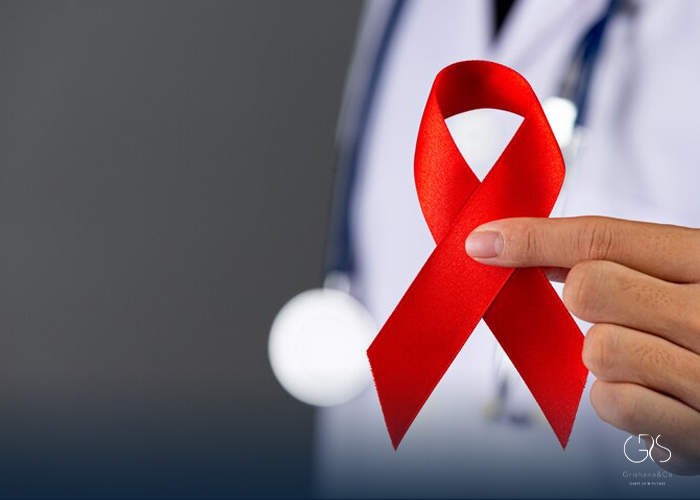Blood cancer, also known as hematologic cancer, refers to a wide range of malignancies that affect the production and function of blood cells. While blood cancers can vary widely in their types and severity, early detection plays a crucial role in successful treatment and management. In this comprehensive guide, we will explore the common symptoms that can serve as early warning signs of blood cancer. By being vigilant and knowledgeable about these symptoms, individuals can prompt timely medical attention, leading to better health outcomes.
I. Understanding Blood Cancer and Its Types:
Before diving into the common symptoms, let us briefly understand the different types of blood cancer. These include leukemia, lymphoma, and myeloma. Leukemia affects the blood and bone marrow, while lymphoma targets the lymphatic system. Myeloma, on the other hand, primarily affects the plasma cells in the bone marrow.
II. Common Symptoms of Blood Cancer:
Unexplained Fatigue:
- Feeling chronically tired, even after adequate rest, can be an early warning sign of blood cancer. The malignant cells interfere with the body’s ability to produce healthy blood cells, leading to fatigue.

Persistent Infections:
- Frequent infections or infections that take longer to heal than usual could indicate compromised immune function, which can be a characteristic of blood cancer.
Unexplained Weight Loss:
- Significant weight loss without any apparent cause can be concerning. Blood cancer affects metabolism, leading to unexplained weight loss.
Night Sweats:
- Excessive sweating, particularly at night, is a symptom that should not be ignored. It can be a telltale sign of various types of blood cancer, especially lymphoma.
Abnormal Bleeding or Bruising:
- Easy bruising, prolonged bleeding from minor cuts, and frequent nosebleeds are signs of abnormal blood cell production and can be indicative of blood cancer.
Enlarged Lymph Nodes:
- Swollen lymph nodes, particularly in the neck, armpits, or groin, can be a sign of blood cancer. Lymphoma often targets the lymph nodes.
Bone Pain:
- Persistent bone pain, especially in the back, hips, and chest, can be a symptom of blood cancer. It occurs due to the infiltration of cancer cells into the bone marrow.

III. Recognizing Blood Cancer Symptoms in Different Demographics:
It is important to consider that symptoms of blood cancer may differ across different demographic groups. For instance, certain symptoms may manifest differently in children, the elderly, or individuals with compromised immune systems. Understanding these variations and seeking proper medical attention is crucial for timely diagnosis and treatment.
IV. Seeking Medical Help and Diagnostic Tests:
If any of the aforementioned symptoms persist or cause concern, it is important to consult a healthcare professional promptly. A thorough medical evaluation, including physical examinations and diagnostic tests, will be conducted to determine the underlying cause.
Conclusion:
Blood cancer symptoms shouldn’t be taken lightly. Recognizing them early can significantly improve patient outcomes. By being aware of the common warning signs discussed in this comprehensive guide, individuals can take prompt action to seek medical attention and increase their chances of successful treatment. Remember, early detection can be lifesaving.
Sources
- Leukemia & Lymphoma Society, Blood Cancers
- Mayo Clinic, Blood Cancers











